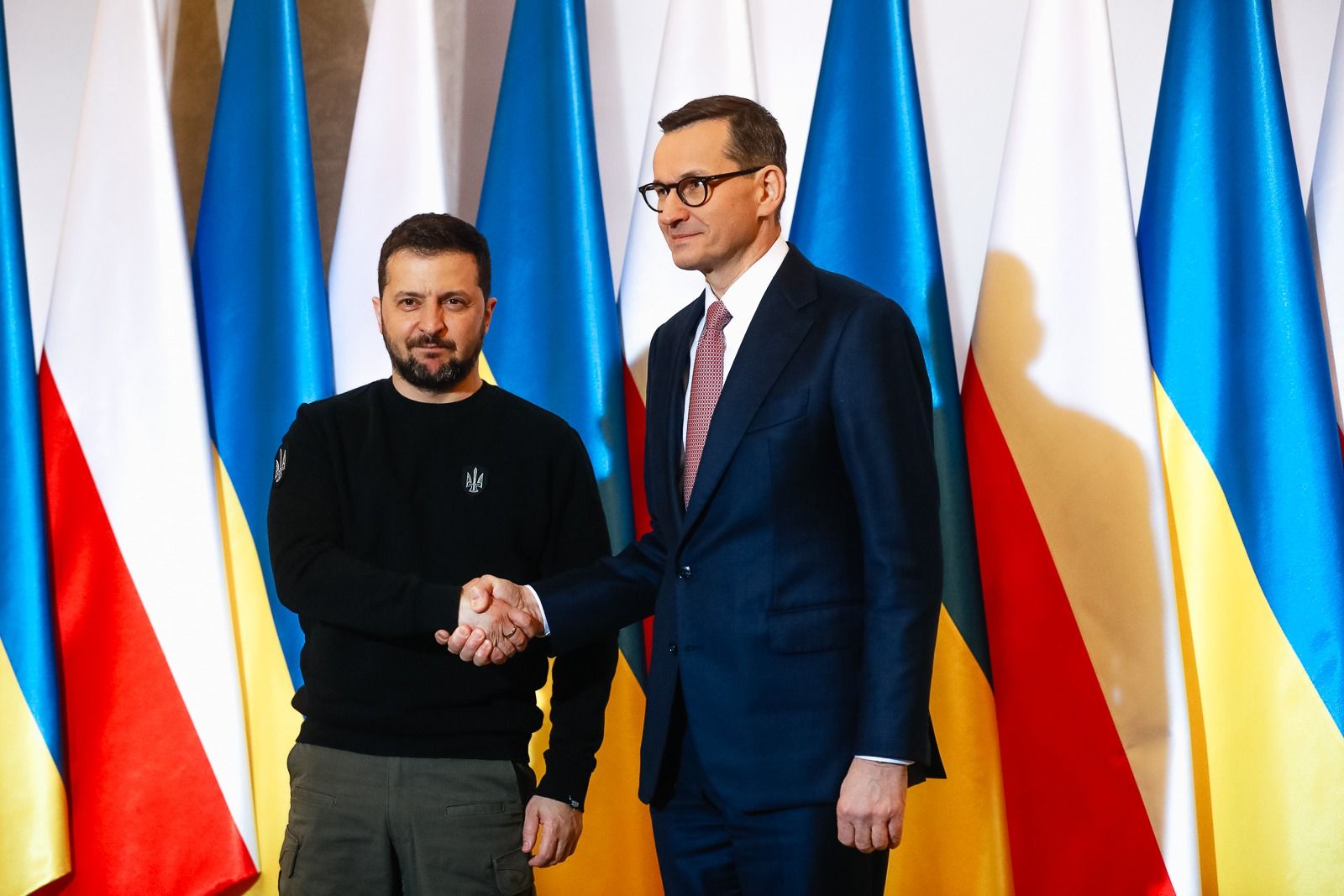Poland suspends Ukrainian grain imports until July

Ukrainian grain will only transit through Poland to third countries "at least until July," Janusz Kowalski, Poland's deputy minister of agriculture, told TVP Info.
Earlier news about the grain import suspension didn't specify the time frame of the agreement.
The Polish-Ukrainian grain agreement is the first step in solving the agricultural crisis in the country due to a large influx of cheap Ukrainian grain in Poland, Kowalski said.
"All products must go through Poland, they cannot harm Polish farmers, Polish producers and cause a food security crisis," he said.
Polish farmers have been actively protesting against the significant influx of Ukrainian grain because of a threat to their domestic market.
Cheap Ukrainian grain has been flooding the EU market since the beginning of the invasion, helped by the European Union waiving customs duties and import quotas to keep Ukraine's agricultural sector running.
Low-price grain prices prove too tempting for local buyers and traders, undercutting local producers.
The dispute was reportedly settled during President Volodymyr Zelensky's visit to Poland on April 5, during which he met with top Polish officials.
"We discussed the issues regarding Polish and Ukrainian farmers. We found a solution," Zelensky said.
"Because there cannot be any questions or difficulties between such close partners and real friends as Poland and Ukraine," he said.
He advocated for tariffs on all agricultural products from Ukraine, calling it a significant battle between the European Commission and Poland to protect Polish agriculture.
The Polish government called on the European Commission to reintroduce duties on Ukrainian grain, but the European Commission extended the duty-free regime with Ukraine for another year.
Kowalski also accused the European Commission of being passive and not helping with the grain issue, accusing Germany and France of undermining Polish-Ukrainian relations while calling France "naturally pro-Russian."












